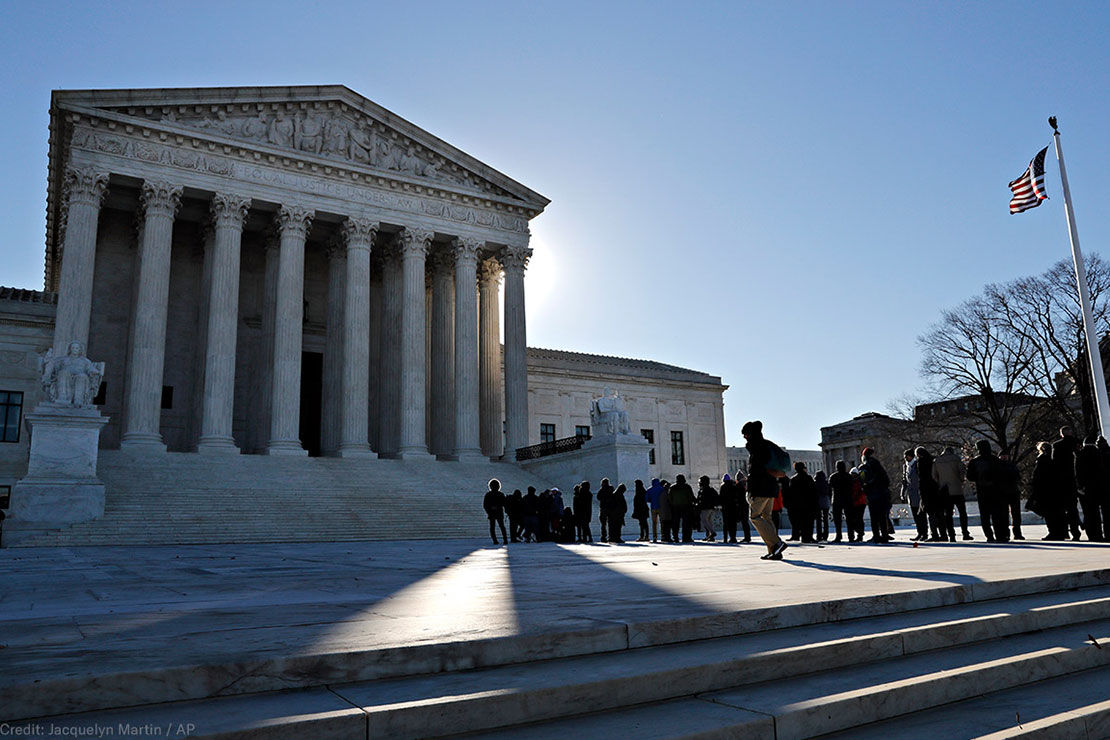
Chicago v. Fulton
What's at Stake
Whether a creditor violates the Bankruptcy Code when it decides, after a debtor has filed for bankruptcy, not to comply with its obligation to return estate property to the debtor, thereby frustrating the individual’s ability to get a fresh start through bankruptcy.
Summary
An unprecedented rise in civil and criminal fines and fees over the past three decades has propelled people into bankruptcy. Fueled by local and state governments’ quest for revenue, the explosion of fines and fees has buried millions of people under mountains of debt. Those who cannot immediately pay face harsh collection tactics, including the seizure and impoundment of their vehicles.
concerns three bankruptcy cases resulting from Chicago’s vast vehicle impoundment program, which is part of this nationwide trend. Chicago seized the cars of three individuals for unpaid tickets or for driving on a license suspended for unpaid tickets. It then levied additional, steep fees for towing, impounding, and storing their cars and insisted on full payment of tickets and fees for the return of their vehicles. Unable to pay thousands of dollars, these individuals filed for Chapter 13 bankruptcy to seek a fresh start. But rather than returning the cars upon the filing of their bankruptcy petitions, Chicago retained the vehicles, hampering these individuals’ ability to go to work and care for their families.
In an filed with the U.S. Supreme Court, the ACLU of Illinois, ACLU, Cato Institute, Fines and Fees Justice Center, Institute for Justice, R Street Institute, and the Rutherford Institute provide context necessary to resolve the specific question raised by Chicago v. Fulton: whether a creditor violates the Bankruptcy Code’s automatic stay, 11 U.S.C. § 362(a)(3), when it decides, after a debtor has filed for bankruptcy, not to comply with its obligation under the turnover provision, 11 U.S.C. § 542(a), to return estate property to the debtor, thereby frustrating the individual’s ability to get a fresh start through bankruptcy.
We argue that Chicago’s ticketing and impoundment practices are part of a nationwide trend of governments using fines, fees, and punitive collection practices to raise revenue. These practices have propelled tens of thousands of people to seek bankruptcy relief. Whether an individual’s impounded car is returned to them upon the filing of a bankruptcy petition is a critical factor determining their ability to secure the fresh start Congress intended bankruptcy to provide. Chicago’s retention of a vehicle after a person has filed for bankruptcy frustrates the individual’s ability to earn income and satisfy repayment obligations. Chicago’s position that it can keep people’s cars locked up while they try to repay creditors and discharge debts in bankruptcy contradicts the language and purpose of the Bankruptcy Code.
The Supreme Court should therefore make clear, we argue, that a creditor violates the automatic stay and turnover provisions of the Bankruptcy Code when it refuses to return estate property to the debtor upon the filing of a Chapter 13 bankruptcy petition. This issue is of vital importance not only in Chicago, but in other states and cities across the country where reliance on fines and fees for revenue has led to vehicle impoundment for unpaid tickets.
Legal Documents
-
05/20/2020
Chicago v. Fulton - Amicus Brief